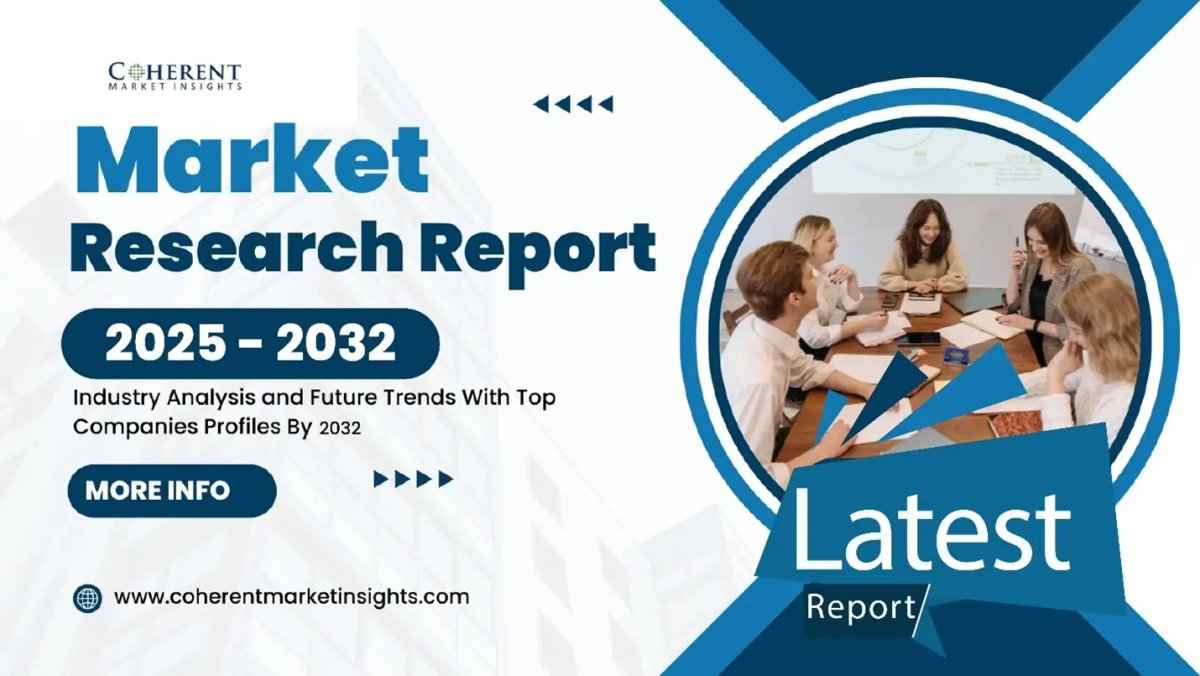World Bank Flash: A More Open, Transparent and Accountable World Bank
Published by Gbaf News
Posted on July 19, 2011
4 min readLast updated: January 22, 2026

Published by Gbaf News
Posted on July 19, 2011
4 min readLast updated: January 22, 2026

“The World Bank is honing its focus on areas where we can add most value: targeting the poor and vulnerable; creating opportunities for growth; promoting global collective action; strengthening governance; and managing risk and preparing for crisis. We are doing this all while making the Bank a more transparent, accountable and results-driven institution.” – World Bank Group President Robert B. Zoellick, July 1, 2011
Background
Over the past three years, the World Bank Group has been actively working to make its operations and research more open, transparent and accountable. Two pillars of this effort have been the Open Data initiative, a range of reforms enabling free access to data that had previously only been available to paying subscribers; and the Access to Information Policy, a ground-breaking change to how the Bank makes information about its projects, analytical and administrative activities and Board proceedings available to the public. Closely linked to these efforts are the Bank’s ongoing commitments to governance and anti-corruption and efforts to bring greater accountability into our operational work.
How we are helping
The World Bank’s rapidly expanding Open Data initiative has been unlocking the institution’s world-class knowledge and development data for researchers, activists, students and development practitioners across the globe.
Related initiatives to bring greater transparency and accountability to Bank operations include:
July 1, 2011 marked the one-year anniversary of the Bank’s landmark Access to Information policy.
In FY11 we continued to integrate our governance and anti corruption agenda into all of the Bank’s work, across countries, sectors and projects:
Our initiatives are inspiring others to follow suit. On July 8, the Kenyan government – in partnership with the World Bank and others – will launch the Kenya Open Data portal making several large data sets, including the national census and statistics on government spending at national and county level, available to researchers, journalist, web and software developers, and the general public. This will be the first government data portal of its kind in Sub Saharan Africa.
For more information, please contact:
David Theis, World Bank Group, +1 (202) 458-8626, dtheis@worldbank.org
Broadcast requests: Mehreen Sheikh, 202-458-7336, msheikh1@worldbank.org
Explore more articles in the Banking category











